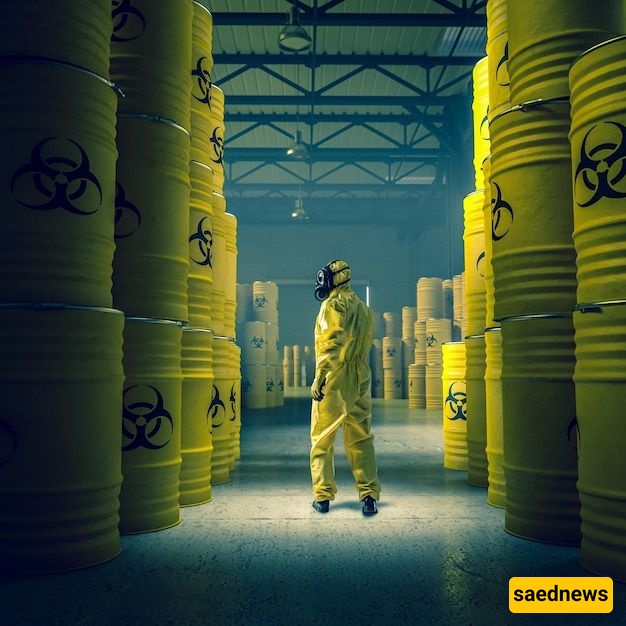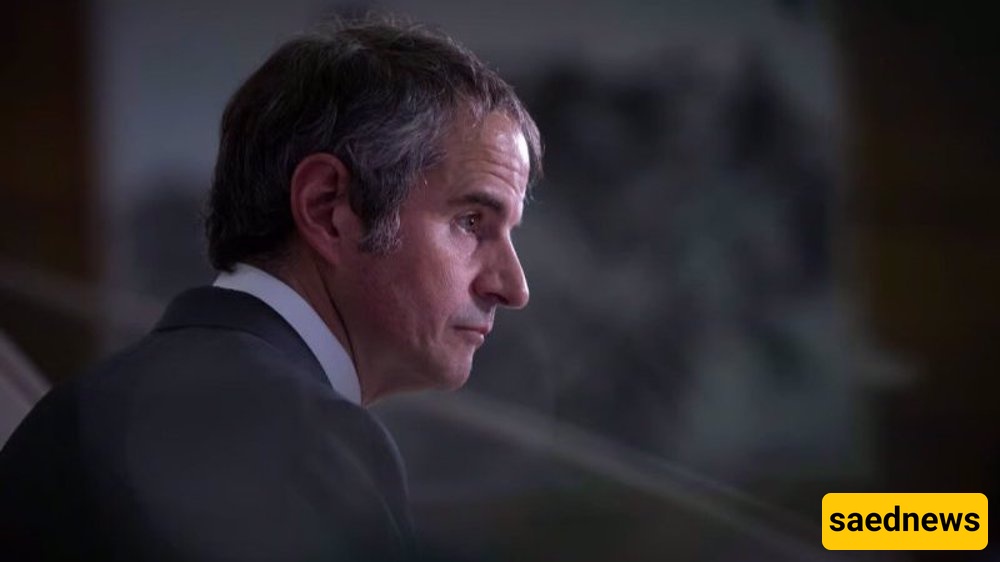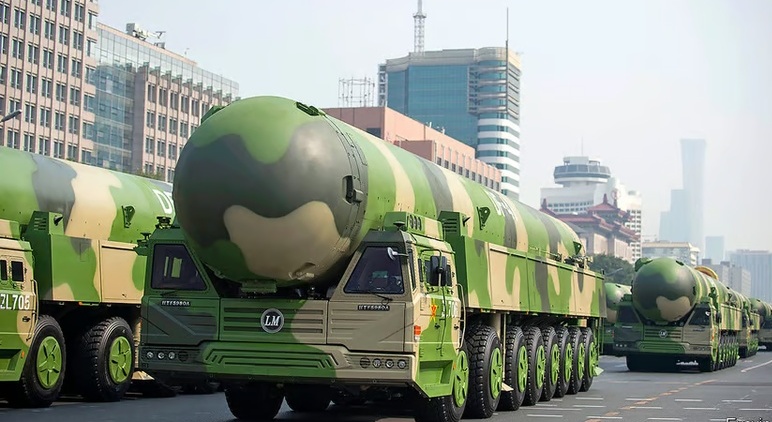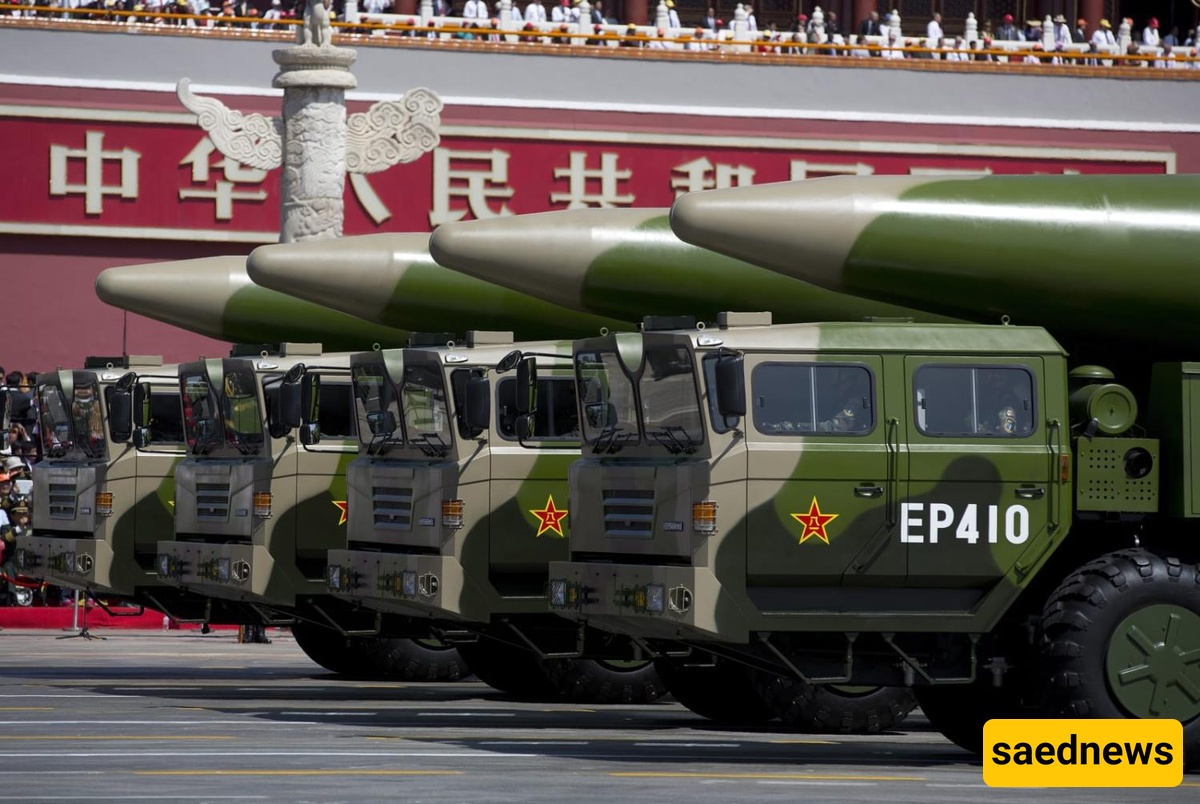SAEDNEWS: IAEA Director Rafael Grossi has warned that the world may soon face 20 to 25 nuclear-armed countries, far exceeding the current nine, citing slowed disarmament and increasing production by nations including China.

According to Saed News; The director-general of the International Atomic Energy Agency (IAEA), Rafael Grossi, has issued a stark warning about the potential expansion of nuclear-armed states. In an interview with the Italian newspaper La Repubblica, Grossi cautioned that in the near future, the world could face 20 to 25 nations equipped with nuclear weapons, a dramatic increase from the current nine.

Grossi expressed serious concerns over the slowdown in global nuclear disarmament efforts. “Some countries, including China, are actively increasing production of these weapons,” he noted. The warning comes amid mounting tensions over global security and renewed interest in nuclear programs by several nations.


Today, only nine countries are officially recognized as possessing nuclear arsenals: the United States, Russia, the United Kingdom, France, China, India, Pakistan, Israel, and North Korea. Grossi’s projections suggest that without renewed diplomatic efforts and strengthened non-proliferation measures, this number could more than double.

An increase to 20–25 nuclear-armed nations would profoundly impact international security. Experts warn that proliferation heightens the risk of regional conflicts, miscalculations, and potential nuclear accidents. The IAEA plays a critical role in monitoring nuclear activities and ensuring compliance with treaties designed to prevent such expansion.
Countries such as China and Russia are modernizing and expanding their nuclear capabilities, while nations in the Middle East and Asia have also shown interest in advancing nuclear technologies. Grossi emphasized the urgent need for renewed dialogue and multilateral frameworks to prevent a destabilizing arms race.
The IAEA chief urged global leaders to recommit to disarmament treaties and non-proliferation initiatives. Without decisive action, the risk of a fragmented nuclear world increases, making oversight more challenging and raising the stakes for global peace.
Rafael Grossi’s warning underscores the fragile state of nuclear security today. As the international community grapples with geopolitical rivalries, the potential for nuclear proliferation remains a pressing challenge requiring immediate attention and cooperation.

